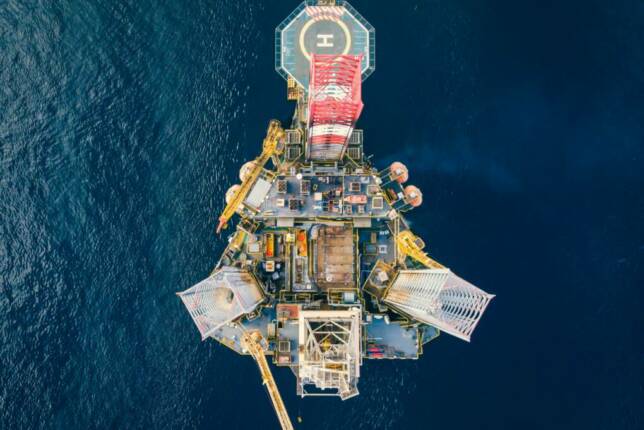A sector of excellence, the nuclear industry is the third largest industrial sector in France. With 3,000 companies throughout the country, the industry offers numerous professional opportunities. By 2022, many projects are expected to be completed, and the sector should soon generate a new wave of jobs.
Where does the nuclear industry stand in 2022?
For the past ten years, the nuclear industry has been facing a certain decline in attractiveness. This has frequently led to skills shortages. The sector competes with other industries that appear more appealing to young candidates (aeronautics, new technologies, renewable energies, automotive, etc.). It is estimated that only 30% of the needs are covered in certain occupations facing shortages in the nuclear industry (welders, pipefitters, boilermakers, etc.). This lack of qualified personnel is not insignificant: according to SIFEN (the French Nuclear Energy Society), nearly 8,000 jobs would be needed each year to cover all the requirements in the nuclear sector.How many nuclear jobs will be available in France in 2022 ?
In February 2022, Emmanuel Macron announced, as part of his plan to revive civil nuclear power, the creation of a new fleet of six EPR reactors, with construction to begin in 2023. This large-scale project requires the recruitment of no fewer than 30,000 people (10,000 in operations and maintenance, and 20,000 on reactor construction sites), according to GIFEN (the French nuclear energy industry association). Following this announcement, EDF, in charge of the project, announced the recruitment of 3,300 technicians and engineers this year, in five regions of France: Île-de-France, Auvergne-Rhône-Alpes, Centre-Val de Loire, Normandy and Grand Est. The electricity company, which currently employs 165,000 people, plans to recruit 15,500 employees nationwide in 2022, including 8,000 new employees (7,000 on permanent contracts and 1,000 on fixed-term contracts), 4,000 work-study students for 2022-2023 and 3,500 interns. These new jobs should meet the need for industrial, technical and digital skills. They mainly concern young graduates and more experienced candidates (from vocational diploma to Master’s level) in several fields of expertise: maintenance of electricity production sites and project management, rotating equipment mechanics, boilermakers, automation engineers, planners, civil engineering, instrument technicians, pipefitters, industrial electricians, information systems (cybersecurity, IS architects, product owners, project managers), etc. In particular, the French electricity supplier is seeking to develop gender diversity within the sector by encouraging women to join the industry. The aim of this large-scale recruitment initiative is to strengthen the development of the nuclear industry.What jobs are available in the nuclear industry?
The nuclear sector groups a wide range of particularly diverse professions, including:- Engineers
- Industrial electricians
- Boilermakers
- Welders
- Pipefitters
- Technicians
- Automation engineers
- Instrument technicians
- Rotating equipment mechanics
- Civil engineering experts







